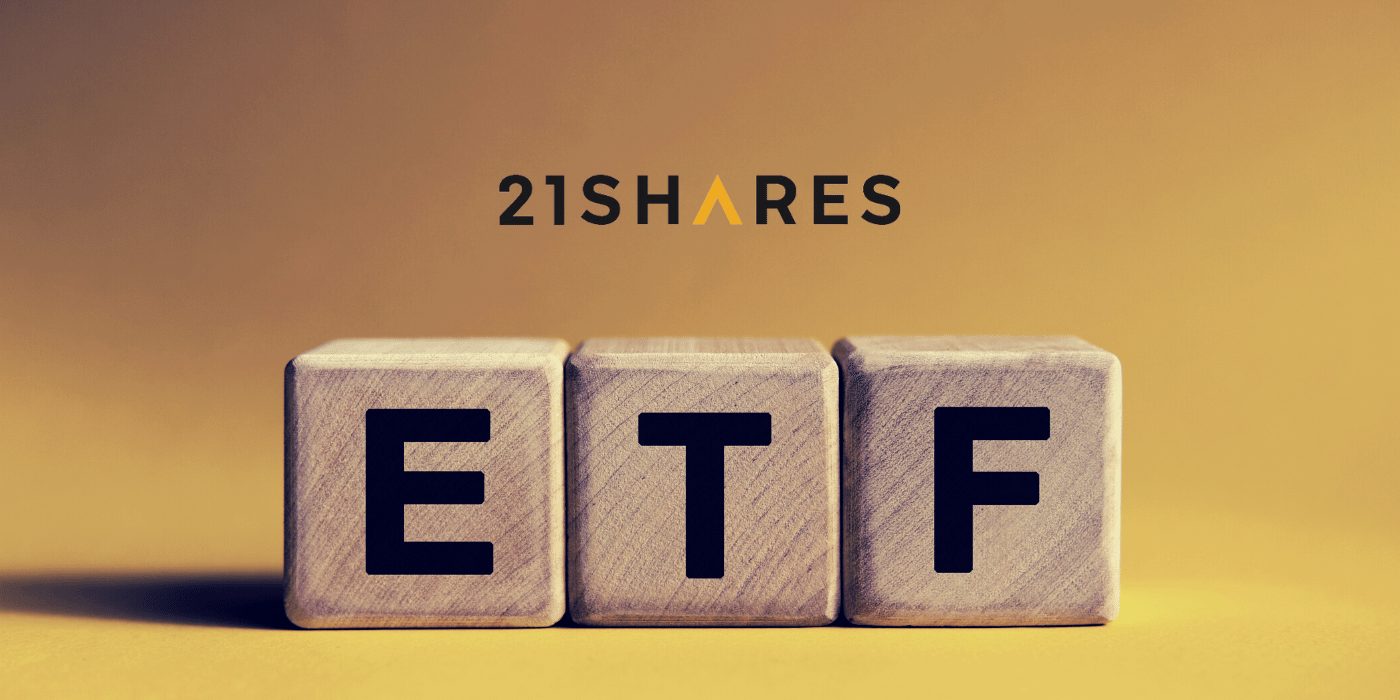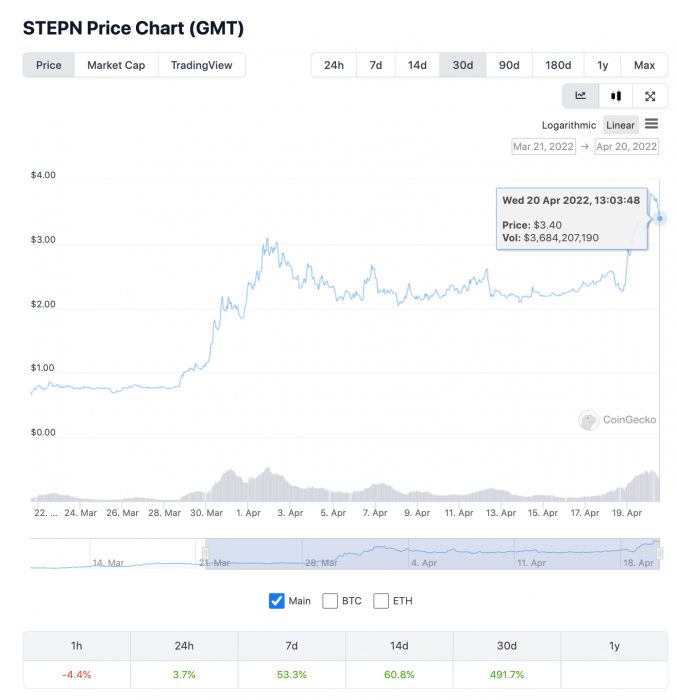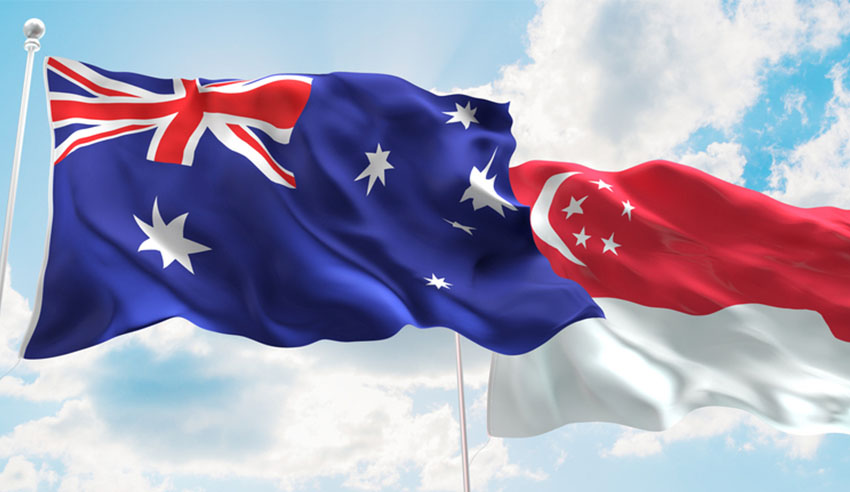Within days of news that Australians will soon receive the country’s first Bitcoin exchange traded fund (ETF), a slew of competitors look set to follow suit by launching their own own crypto ETFs.
Another Bitcoin ETF and the First Australian Ethereum ETF
According to a press release, 21Shares AG (“21Shares”), a Swiss-based issuer of crypto exchange traded products (ETPs), and Australian ETF provider ETF Securities have jointly launched two funds to provide direct access to bitcoin and ethereum respectively:
- 21Shares Bitcoin ETF (EBTC)
- 21Shares Ethereum ETF (EETH)
Both EBTC and EETH are due to list on April 27 on Australia’s secondary public exchange, the Cboe (formerly Chi-X), with EBTC tracking the price of bitcoin and EETH tracking the price of ethereum, both in Australian dollars. Much like Cosmos Asset Management bitcoin ETF (CBTC), whose bitcoin will be held by Gemini, both of 21 Shares’ funds have opted for an offshore custodian in the form of Coinbase, who will hold the assets in cold storage.
While 21 Shares claims that both of its products are a first in Australia, sticklers for detail may wish to point out that EBTC is in fact tied for first with CBTC, as both are scheduled to go live April 27.
In describing the commercial basis for its imminent listings, ETF Securities Australia executive chairman, Graham Tuckwell, said:
The products give investors a way of trading cryptocurrency in a tightly regulated environment, without the need to establish and maintain their own bitcoin or ethereum wallets, or manage the risks.
Graham Tuckwell, executive chairman, ETF Securities Australia
Biggest Capital Market Gets Left Behind
Shortly after news that Australia was going full steam ahead with crypto ETFs, a representative of global ETF provider VanEck described the US regulator’s conservative stance on listing a bitcoin ETF as “a big loss for investors”. And at present, there doesn’t appear to be an end in sight.
Last year, Crypto News Australia reported that there were more than 34 applications outstanding in the US, with “market manipulation” being one of the more frequently cited concerns.
It goes without saying that there are plenty of variables potentially holding up ETFs in the US – whether financial, political, or otherwise driven by “investor protection”. Whatever the case may be, it’s evident that as Australia becomes the eighth nation to launch a bitcoin and ethereum ETF, the world’s most developed capital market is getting left behind:












